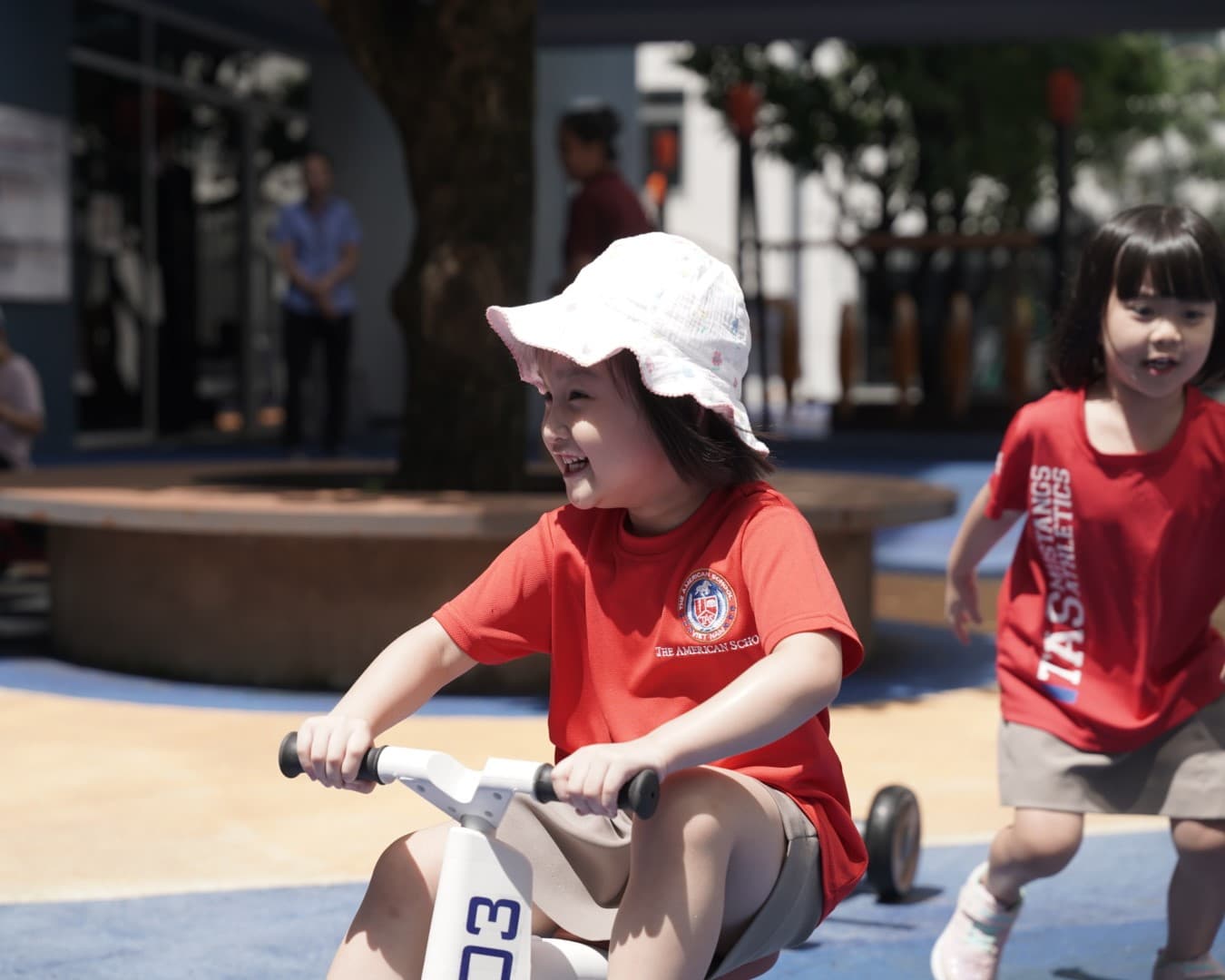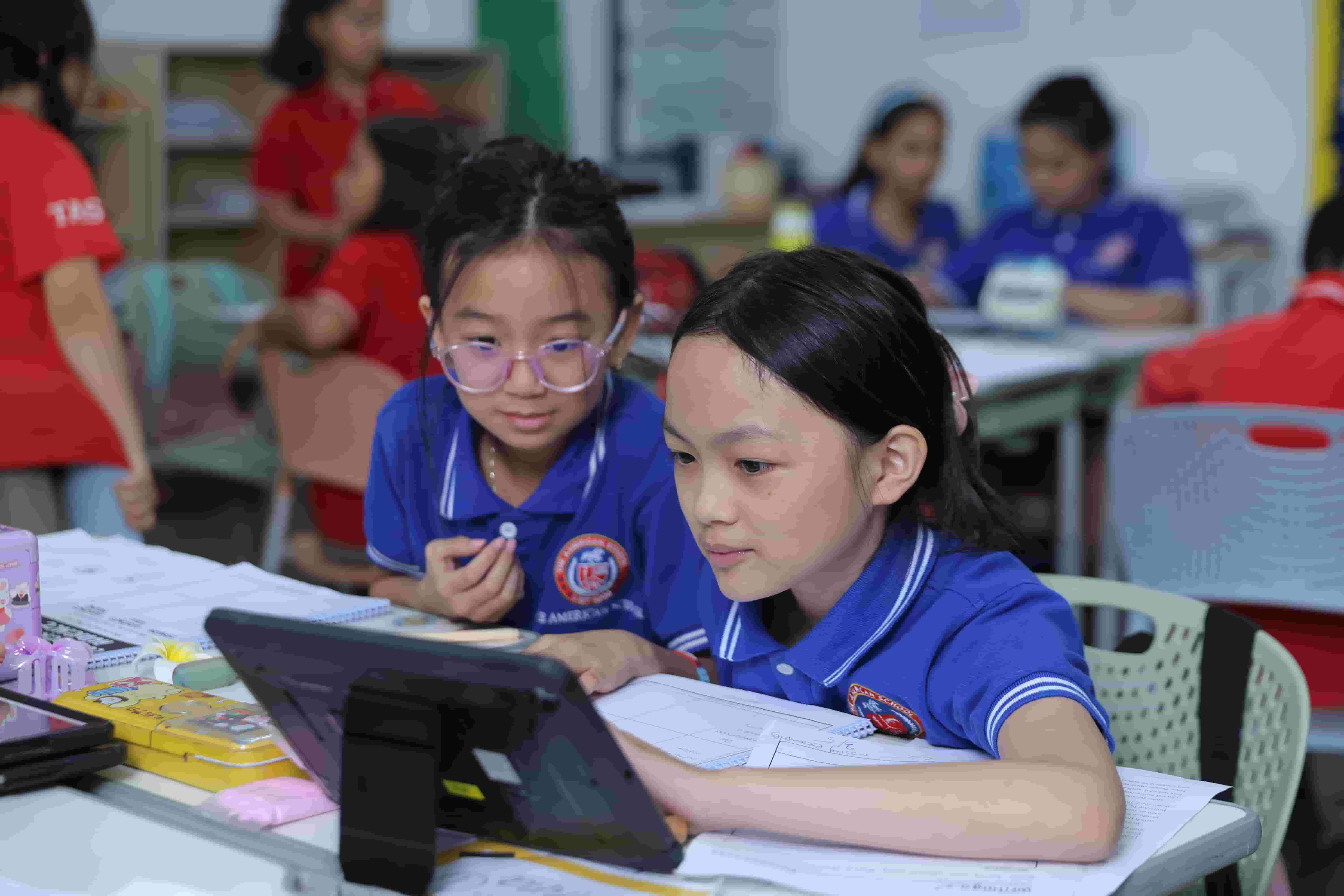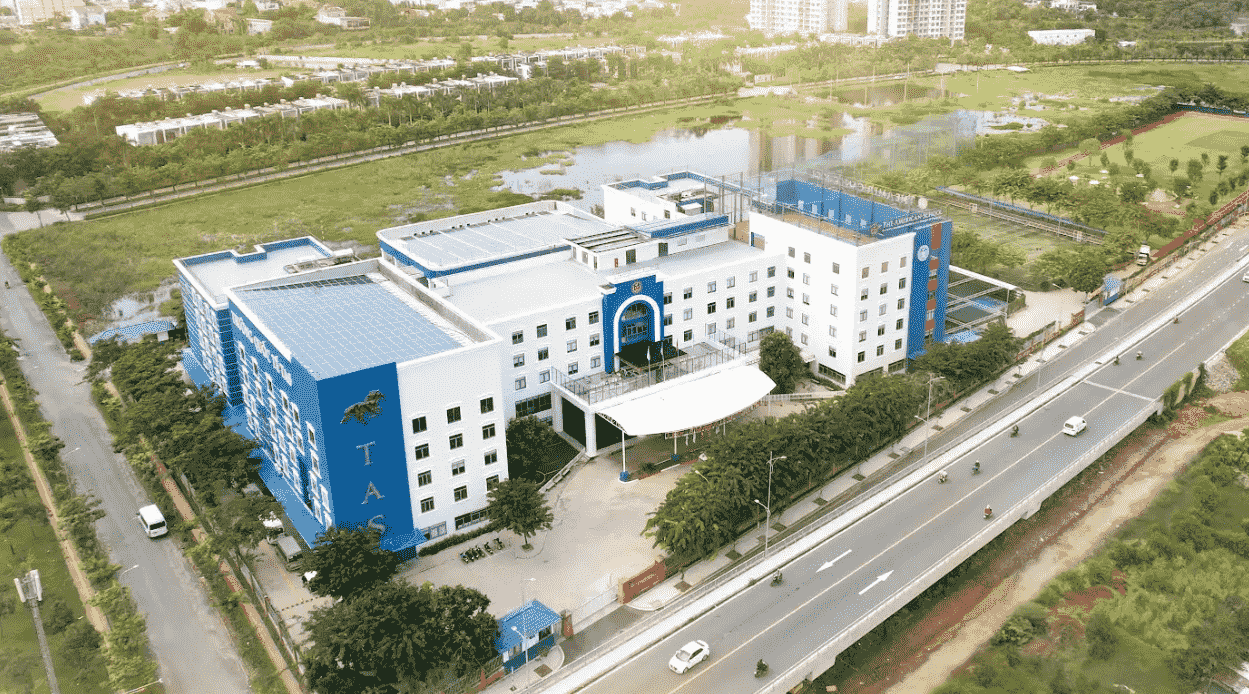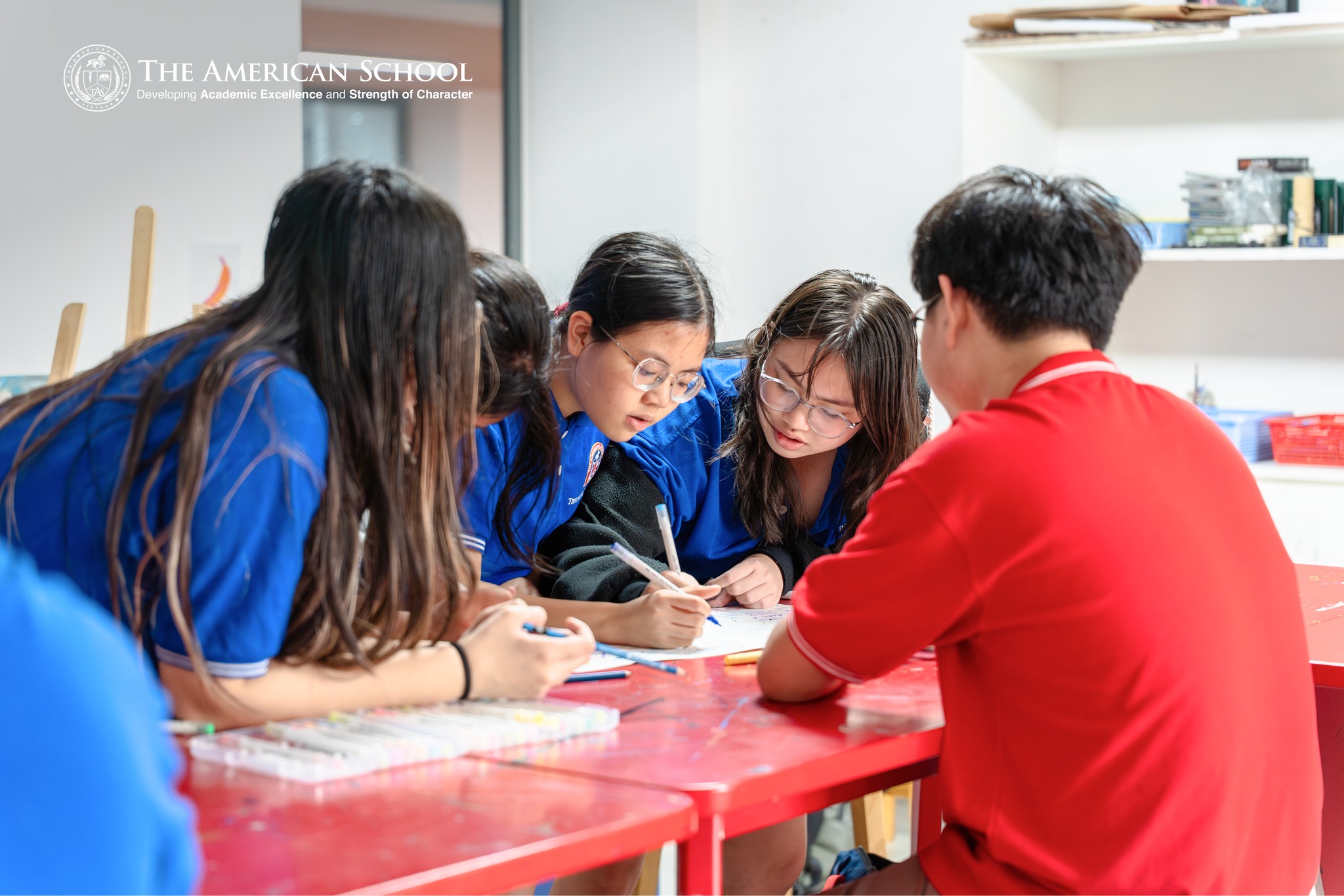1. A Parent’s First Encounter with “PYP”
“My child is only in Grade 2, yet many parents around me keep mentioning something called PYP – an international curriculum for primary students. I wondered: How is PYP different from other international programmes? How do children actually learn under PYP? Are there tests? And why do people call it a programme that ‘nurtures global citizens’?”
If you have similar questions, this article will help you understand what the PYP is, how students learn through it, and why it is recognized globally.
(If you’d like to learn about the full IB journey, read What Is the IB Programme? A Complete Guide for Parents)
2. What Is the IB PYP (Primary Years Programme)?
The Primary Years Programme (PYP) is an international educational framework for students aged 3 to 12, developed by the International Baccalaureate (IB) - a global education system recognized in over 160 countries and more than 5,900 schools worldwide.

Unlike traditional models, the PYP is built on the philosophy of inquiry-based learning. It doesn’t focus on memorizing facts but rather helps students ask questions, explore ideas, and connect learning to real life.
3. The Six Transdisciplinary Themes of the PYP
In the PYP, students don’t learn through isolated subjects. Instead, they explore six transdisciplinary themes that connect different disciplines and encourage them to see the world as an integrated whole:
- Who We Are - Identity, relationships, and human nature.
- Where We Are in Place and Time - Orientation in space, time, and history.
- How We Express Ourselves - Expression of ideas, emotions, and culture.
- How the World Works - Natural sciences, energy, and technology.
- How We Organize Ourselves - Society, community, and systems.
- Sharing the Planet - Environment, resources, and global responsibility.
Each theme integrates Math, Science, Language, Arts, and Technology, encouraging students to apply what they learn across contexts.
They are assessed not only by grades but also by their process, engagement, and ability to apply knowledge in real-life situations.
Read more at IBO - PYP Curriculum Framework.
4. How the PYP Develops 10 Global Learner Attributes
The PYP is designed to nurture children not only academically but also emotionally and socially through the 10 IB Learner Profile attributes - core values that define what it means to be an IB learner (IBO - Learner Profile).
%20(1).png)
These attributes prepare students to become confident, responsible, and compassionate global citizens.
5. Is the PYP Recognized Worldwide?
Yes it is
The PYP is rigorously monitored and evaluated by the International Baccalaureate Organization (IBO) in Switzerland.
Every school offering PYP must go through a strict authorization process, ensuring global standards for teaching, facilities, and quality (IBO - Authorization Process).
It also serves as a foundation for higher IB levels such as the IB MYP and IB Diploma Programme (IBDP).
6. Is the PYP Too Difficult? Will My Child Lose Their “Basics”?
Not at all that’s a common misconception.
Students in the PYP still learn all core skills like Reading, Writing, Math, and Science, but through projects, discussions, and real-world inquiry instead of rote exercises.
The PYP does not rely on high-pressure exams. Instead, students are assessed through continuous evaluation - focusing on critical thinking, creativity, collaboration, and curiosity.
As a result, PYP students often become more confident, independent, and intrinsically motivated learners.
7. The American School (TAS) - A Candidate School for the IB PYP in Ho Chi Minh City
The American School (TAS) is currently a Candidate School for the IB Primary Years Programme (PYP) - marking a significant milestone in its journey toward international academic excellence.
Being a Candidate School means TAS has already completed the first phase of the official IB authorization process from the International Baccalaureate Organization (IBO).
This reflects TAS’s strong commitment to creating a student-centered learning environment that fosters inquiry, creativity, and global awareness.

At TAS, the curriculum is built upon the IB framework while integrating the American educational programme, enabling students to:
- Develop critical and creative thinking skills.
- Strengthen their English language and academic foundation.
- Collaborate through hands-on, cross-disciplinary projects.
TAS aims to complete the full IB PYP authorization in the near future and continue expanding toward offering the IB Diploma Programme (IBDP) - ensuring a seamless international learning pathway from Early Years through Grade 12.
Parents can learn more at TAS Academic Programme or Book a School Tour.
The IB PYP is a transformative international curriculum that nurtures curiosity, empathy, and global citizenship from a young age.
It builds the foundation for lifelong learning - helping children understand themselves, others, and the world around them.
In Ho Chi Minh City, The American School (TAS) is proud to be a Candidate School for the IB PYP, continuing its mission to provide a modern, student-centered, and globally relevant education.
Read more on the TAS Blog - Global Education Insights for articles about the IB, AP, and international learning journey at TAS.
For more information:
Art Nurtures the Soul: A Creative Journey at International Preschools
Elementary art education: Nurturing confidence and creativity in every child









.jpg)
.avif)